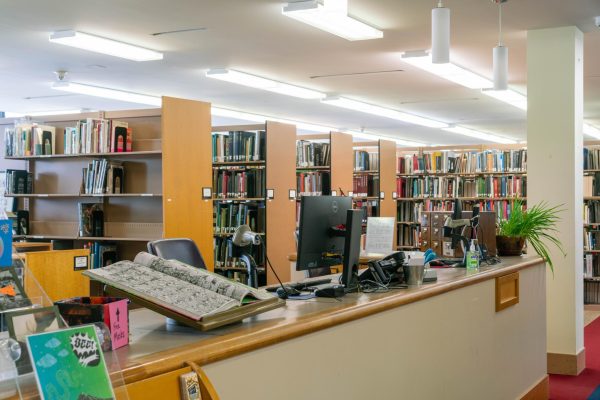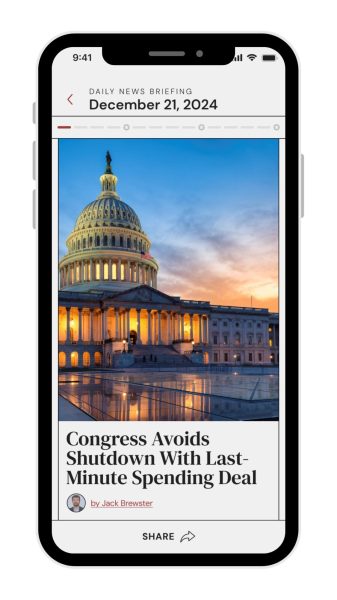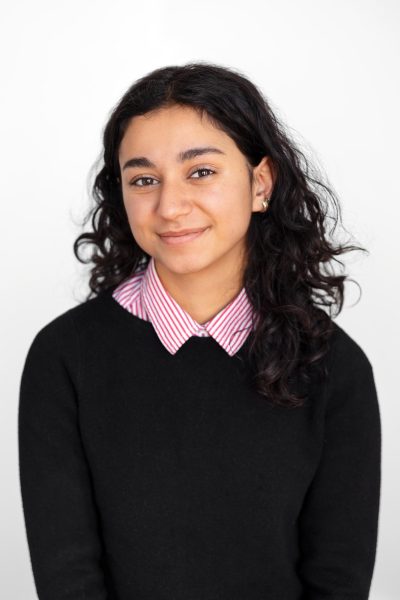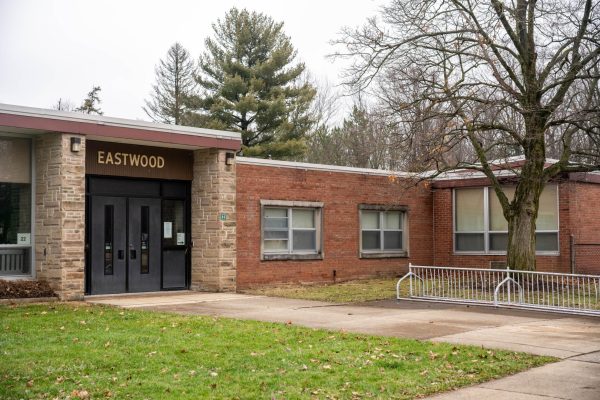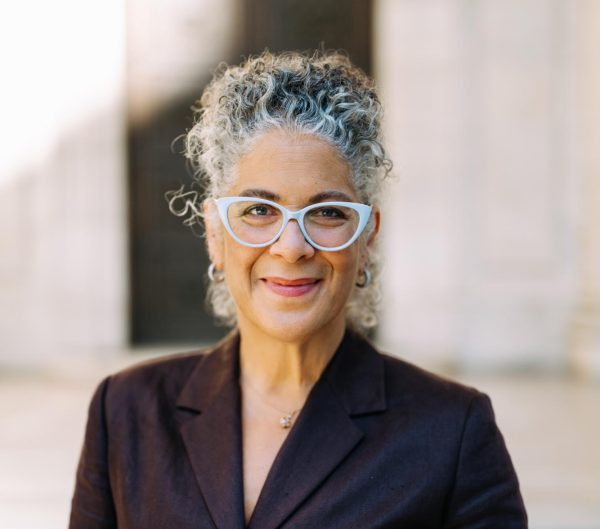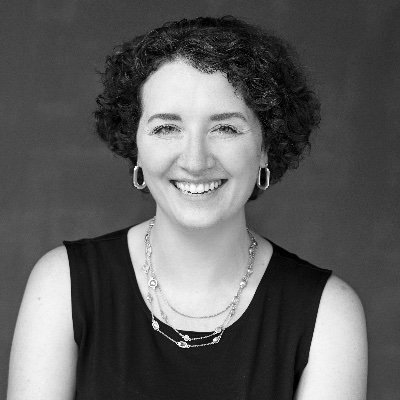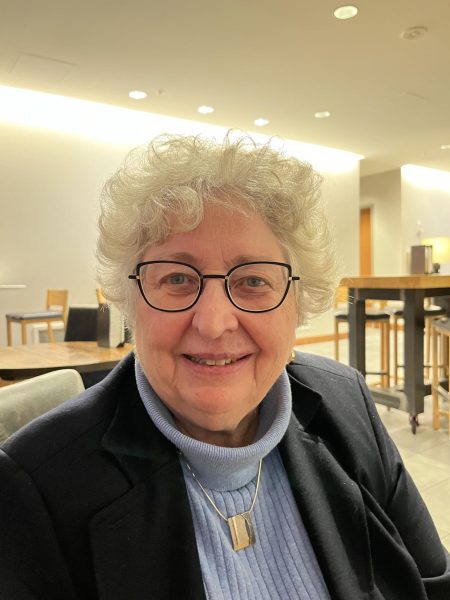Off the Cuff: Marcelo Vinces, CLEAR Director
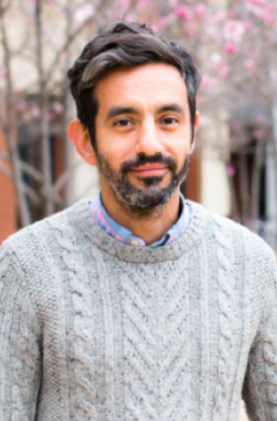
Marcelo Vances
Marcelo Vinces is the director of Oberlin’s Center for Learning Education and Research in the Sciences, which mentors students in quantitative skills and connects students with research and leadership positions in science education. Vinces and Director of the Office of Undergraduate Research Afia Ofori-Mensa organized this year’s Celebration of Undergraduate Research, a conference that highlights students’ summer 2017 research projects. Around 90 students will be presenting both oral and poster presentations throughout the day today.
This interview has been edited for length and clarity.
How has the format of the presentations changed over the years?
In the very beginning, the symposium often had a keynote speaker and there were also other things attached to it. Once, we had an alumni panel in addition to the student presentations. We found that the events were great, but they were almost a little bit too much and kind of a distraction from the focus, which is the undergraduate researchers. So we kind of trimmed it down to really focus on just oral presentations by students and poster presentations by students.
The other change has also been giving more tailored sessions and workshops for students to prepare by discipline. Afia [Ofori-Mensa] does a lot of things for the humanities and social sciences because they have conventions that are used in those fields that are not used in the natural sciences and vice versa.
What has CLEAR done to incorporate quantitative skills into departments that aren’t usually associated with those concepts?
I do a lot of outreach to intro classes that are not necessarily always thought of as quantitative, but they have a lot of quantitation in them. That includes the intro [economics] courses, some of the research method courses, and things like sociology. [We are] trying to get the message out there that quantitative skills are useful and found in a variety of courses, not just the sciences.
Oberlin recently received a large grant from the Howard Hughes Medical Institute. How has that impacted Oberlin’s research community?
This is our second grant from the Howard Hughes Medical Institute, and the first grant’s focus was, as you said, quantitative skills and also interdisciplinary learning. But even though those were the focuses of the grant, … diversity in the sciences has always been a passion of mine. On the side, we’ve been doing some stuff like partnering with the [Multicultural Resource Center] or with [the Gender, Sexuality, and Feminist Studies department] on programming especially at the intersection of science and society, as well as mentoring students. This new grant’s focus is diversity, so we’re able to dedicate a lot more time and resources to that, which is really great. It gives us a budget, so when we do events, we don’t have to scrounge around as much, [so we actually have a budget for these events].
We also have a whole line in the grant to hire, every year, a STEM fellow. Right now it’s Nicollette Mitchell. She’s a Geology and Africana Studies double-major who graduated in 2013. She’s expanded the capacity of the center. The grant has allowed us to be able to shift even more emphasis on ensuring that everyone has equitable access to, and success in, the sciences.
What are your goals to make the sciences more inclusive?
The proposal calls for the first year to be a year of learning, so we’ve organized these learning communities very organically. We invited all faculty and staff across campus to these lunches to generate ideas and questions that they had about diversity in STEM and diversity in general on campus. From these, they formed groups specific to these topics. For groups that have read a lot of stuff and want to take it a step further by going to a conference or inviting a guest speaker who’s an expert on a topic, we have money for that. That’s how the grant is enabling us to follow up on a lot of the great ideas that people have generated.
Following the first year, in the second through fourth year, departments will be able to apply for these special learning communities which we call DARTs, Departmental Action and Reflection Teams, and this gives departments more time and money to pursue things specific to their department. For example, diversity barriers and issues in computer science look very different from those in biology. They are able to address more specifically what this looks like in their discipline, and their department at Oberlin College. They would be awarded with a visiting assistant professor, which is a really great thing for a department to have because it frees up time for other professors who are otherwise very busy with course work to do those kind of professional development things like going to conferences and getting together to talk about the literature. Professors here are extremely well-versed in their fields, but given all the constraints of research and teaching, it’s hard for them to carve out time to become well-versed in diversity issues. This allows them to raise their capacity of knowledge and expertise.
What do you think Oberlin scientists have to offer that their non-liberal arts counterparts don’t?
It’s a really great question. It’s something that I’ve been thinking about even before I came to Oberlin. I used to work at the National Science Foundation, and I looked over a lot of data that graduate students that go on to get Ph.D.s in the sciences. Oberlin was way up there with a lot of schools that you would more typically associate with the sciences like [Massachusetts Institute of Technology] or [California Institute of Technology]. That made me very curious about what was going on at Oberlin. Since I’ve been here, I’ve gotten to meet a lot of well-known scientists who are alumni of Oberlin, and I tend to ask them, “What would you change about the science education at Oberlin, that would have benefited you?” For the most part they say, “absolutely nothing,” because it was that very broad liberal arts education that allowed them to be creative scientists.
I asked one professor who was a pioneer in artificial intelligence and machine learning if he thought we should have computer modeling classes here and he said, “no.” His field didn’t exist when he started, but it was that thinking outside of the box that Oberlin encourages that allowed him to reach out across disciplines and join a community that ended up forming a new field in computer science. That was so thrilling to hear because I was thinking he would recommend more engineering type classes or more specific skills classes. But instead he was like, “No, I wouldn’t change a thing.”


